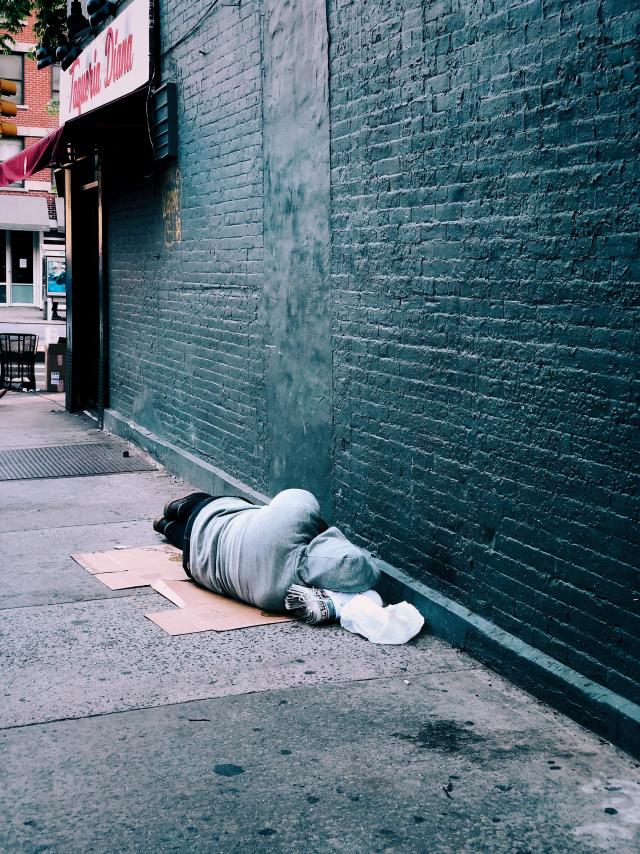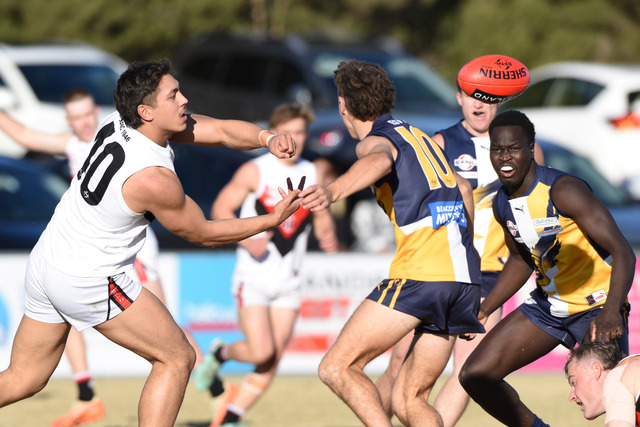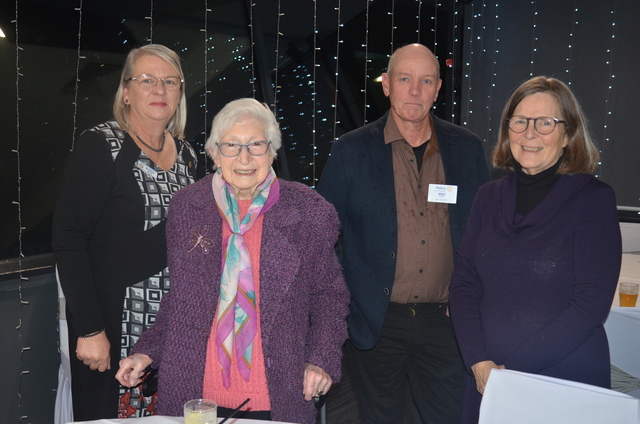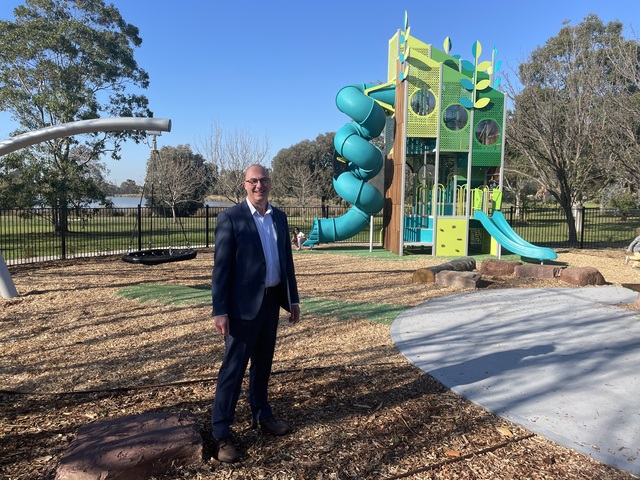South-East homelessness service provider Wayss has called for more social and affordable housing in the lead-up to the State Election.
In a five-point advocacy plan, Wayss describes private rental affordability as at “crisis point”.
It calls for at least 600 new social housing properties in the South East over the next 10 years, particularly more affordable housing for young people and survivors of family violence.
“Currently private rental is the main option (for family violence survivors) and this is not always attainable, affordable or sustainable.”
In 2020, the City of Casey Council reported a shortfall of more than 5500 affordable dwellings.
In 2020-’21, more than 3500 people in Casey sought homelessness services – the sharpest-rising region in the South East.
Forty per cent of them were experiencing family violence.
The situation has since worsened with affordable rental stocks in Casey plummeting from 265 properties to 169 in the June 2022 quarter.
There was just a single one-bedroom rental and three two-bedroom homes that were rated as affordable, according to Victoria’s Rental Report.
Median rental prices rose 7.5 per cent in Casey from $400 to $430 in the past year.
According to 2021 Census data, the number of households undergoing rental stress, where rent payments equate to greater than 30 per cent of household income, nearly quadrupled, from 7.6 per cent in 2016 to 29.9 per cent last year.
Independent candidate for the seat of Cranbourne, Ravi Ragupathy, said the issue is of particular significance to new arrivals to the country.
“New migrants and existing migrants facing acute shortage of housing needs,” Mr Ragupathy said. “These issues need to find alternative arrangements for the new migrants, those who got a job in our Cranbourne district.”
Animal Justice Party candidate Gwynne Brennan said she supports a national housing strategy with sustained investment in affordable housing, and tax reform, to address wider issues relating to housing accessibility and affordability.
“I personally recognise that housing is a critical issue, and I firmly believe that everyone has the right to adequate, safe, secure and affordable housing,” Ms Brennan said.
“I also understand that homelessness and poor housing access impacts vulnerable groups significantly more than others – such as the unemployed, First Nations People, youth, seniors, migrants, those with disabilities or mental health issues and victim-survivors of family and domestic violence.
“Further, insecure housing affects both people and pets. It is a major cause of animal surrenders, and vulnerable groups living with animals are at a greater risk of housing instability.
“As a candidate, I wholeheartedly support improvements to public housing in order to ensure Cranbourne residents have access to a safe and secure place to call home.”
Incumbent Cranbourne MP Pauline Richards said Labor’s $5.3 billion Big Housing Build will provide 16,000 social and affordable homes provided for Victorians by 2026, as well as supporting around 10,000 jobs, per year over the next four years.
“We are delivering the Victorian Homebuyer Fund –with $1.1 billion to triple the size of available support and help thousands more Victorians realise their dream of owning a home.
“So far, the Fund has helped more than 2,000 Victorians buy a home – with another 1,000 applicants approved to start house-hunting knowing they have a secure funding partner. We also introduced more than 130 reforms to make renting fairer and safer for all Victorians.”
All Cranbourne candidates were contacted for comment.







